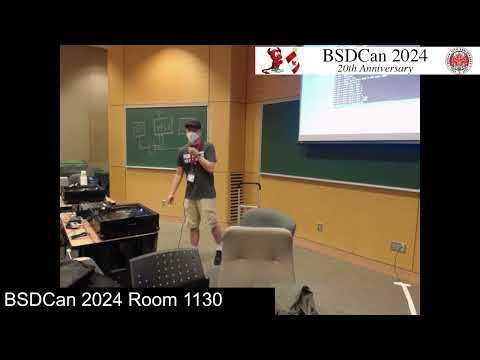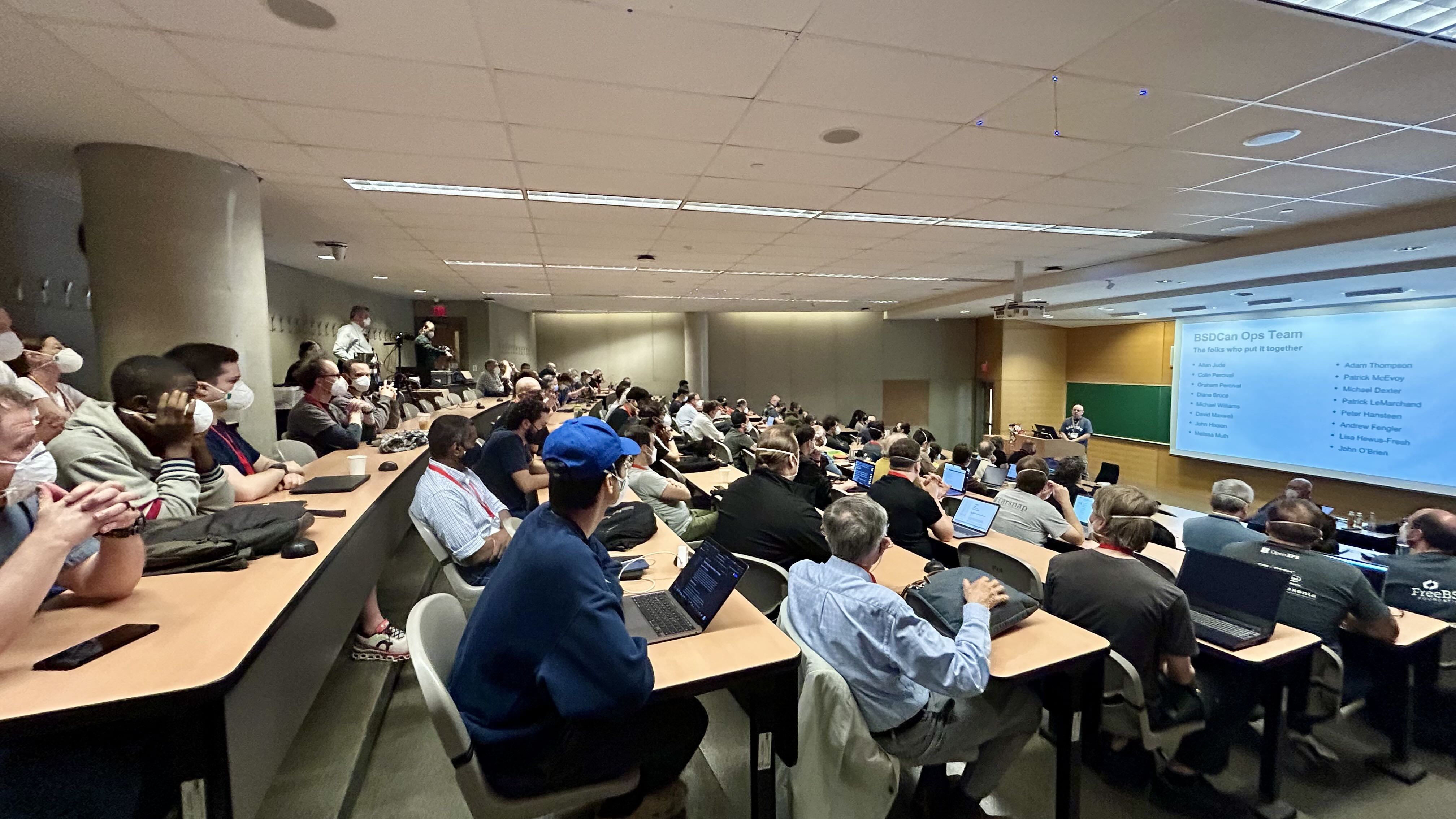New @bsdcan Video Posted:
ABI stability in FreeBSD By ShengYi Hung
The FreeBSD project doesn't guarantee the ABI stability in major version. However, for the minor version, we also not fully guarantee. This cause maintaining a out-of-tree module (at least for Kernel module like VirtualBox) a big problem because module compiles from 14.0 may not able to use at 14.1. This also cause some problem when distributing modules with freshpkg in our base because our pkg system only support build for all major version.
A wiki page distribute the workflow of CTF diff and script:
https://wiki.freebsd.org/ShengYiHong/ABIStability?highlight=%28ABI%29
The outline of my slides will be as following:
What is ABI and why we needs to stablize ABI?
How to maintain ABI stability (a tool to check and ABI tag in binary)?
ABI information (CTF and dwarf) in elf and why we use CTF?
New tools CTFDiff: Why implement new CTFDiff and don't use the illumos one? (we port libctf and other command line tools like ctfdump to FreeBSD from illumos)
CTFDiff script: scripts download tarball from web (kernel tarball) so that we can compare abi between local compile one and web.
Short demo (maybe) for ctfdiff ?
Current status of CTFDiff (needs reviewers, licenses issue (CDDL))
Future works: regulize a stable function/obj ABI/API in kernel.




